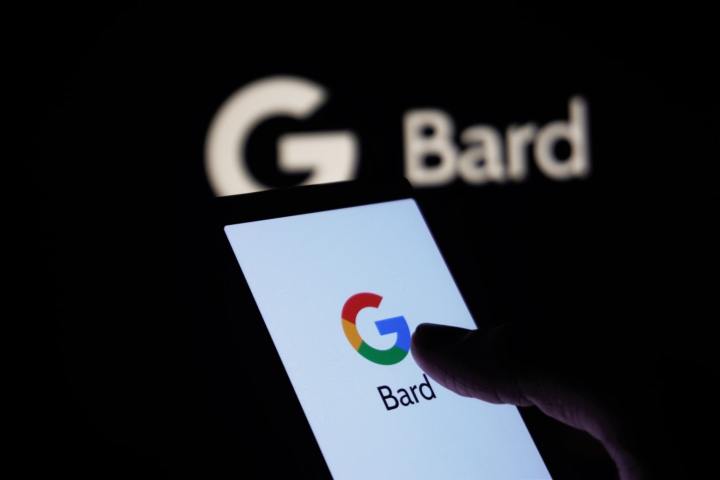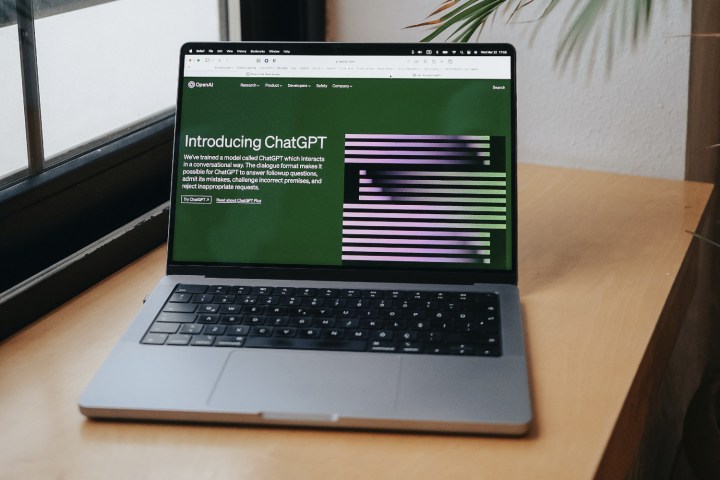Generative artificial intelligence (AI) tools like ChatGPT have gotten a bad rep recently, but Google is apparently trying to serve up something more positive with its next project: an AI that can offer helpful life advice to people going through tough times.
If a fresh report from The New York Times is to be believed, Google has been testing its AI tech with at least 21 different assignments, including “life advice, ideas, planning instructions and tutoring tips.” The work spans both professional and personal scenarios that users might encounter.

It’s the result of Google merging its DeepMind research lab with its Brain AI team and is “indicative of the urgency of Google’s effort to propel itself to the front of the AI pack,” the report states.
According to one example cited in The Times, Google has been working on how to answer a query from a user who wants to attend a close friend’s wedding but is unable to afford the travel costs to do so.
Aside from that, the AI’s tutoring function could help people improve their skills or learn new ones, while its planning aspect may be able to aid users in creating a financial budget or whipping up a meal plan.
User wellbeing

The move to help users with their most pressing personal challenges is a stark change from Google. In December 2022 — shortly after rival OpenAI’s ChatGPT was unleashed on the world — an internal Google slide deck cautioned against encouraging people to get too emotionally attached to AI tools, according to the report from The New York Times.
In fact, Google’s own safety experts warned in December that taking life advice from AI could result in “diminished health and well-being” and a “loss of agency,” with the potential for some users to mistakenly think the AI was sentient and able to understand them in ways a human can.
As recently as the Google Bard launch in March 2023, Google said the tool was forbidden from advising users on medical, financial, or legal matters. If the company goes ahead and builds these capabilities into its AI tools, it will mark a striking turnaround — and could raise questions over whether Google is prioritizing primacy in the AI race over users’ wellbeing.
Winning at all costs

A life coach is not the only AI-based tool Google is apparently working on. Among its other projects are tools that can generate scientific and creative writing, help journalists write headlines, as well as find and extract patterns from text.
Yet even ideas like these were criticized by Google just months ago when the company said there was a risk of “deskilling” creative writers through the use of generative AI.
Whether any of these tools become reality is unclear at this moment, but it seems Google is determined to pull ahead in the AI race. Doing so could come at a cost, though — as its own experts have pointedly argued.



